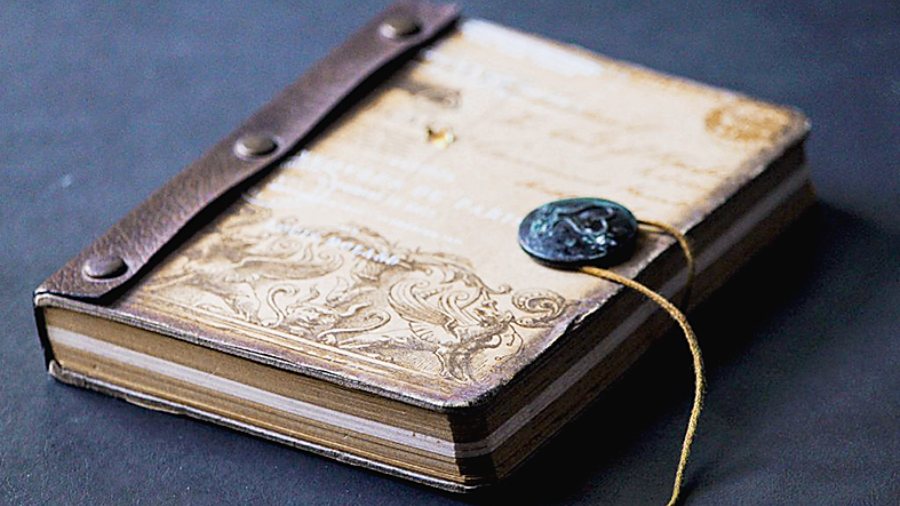HYDERABAD / Oxford, ENGLAND:
Written almost a hundred years ago in a far-off land, this diary of a young Muslim woman anticipates our present situation of religious intolerance.

Book: A Long Way From Hyderabad: Diary Of A Young Muslim Woman In 1930s Britain
Author: Muhammadi Begum
Publisher: Primus
Price: Rs. 1,150
Diaries are like portmanteaus that have a habit of gathering diverse and often disparate genres within the folds of personal jottings.
Muhammadi Begum’s diary is a veritable mixed bag as her daily observations of the social life of the English university town, Oxford, are imbued with her Hyderabadi ruminations — the practical, poetic and philosophical musings of a young Muslim woman of Hindustan.
Located in Britain of the 1930s, the diary is both a historical journal with an ‘interwar’ and ‘pre-Independence’ air and a domestic memoir full of ‘homely’ quotidian details.
Daniel Majchrowicz’s helpful introduction delineating Muhammadi Begum’s contribution to the genre of female travel literature, and Kulsoom Husein’s familial account recalling the posthumous discovery and subsequent translation, provide rich intellectual and social contexts for understanding this thoughtfully edited and well-produced work.
But diaries are eccentric and whimsical texts, which refuse to tell well-ordered tales. While the reader impatiently waits for the classroom experiences of this outstanding student who had won a scholarship from the government of the Nizam of Hyderabad to study at Oxford from 1934 to 1937, the diary refuses to move beyond the author’s travails over her private tuitions which she took for qualifying the Responsions, the erstwhile Oxford entrance examination!
What could be the reasons for Muhammadi Begum not keeping a diary after she joined St. Hugh’s can only be guessed at as the reader has to be satisfied with the detailed entries for one year which begin with a visit to London and end with a trip from Europe. And although the ending shows that she was an independent and a self-sufficient mother, she repeatedly asserts that her self-confidence was firmly anchored in happy conjugality.
Since diaries often masquerade as unposted letters, Muhammadi Begum’s cross-cultural reflections serve an unstated epistolatory purpose within the testimonial turn of the form. Paralleling her actual letter-writing activity, an enterprise which she and her husband were forever engaged in, the enthusiastic entries regarding conversations, expeditions and explorations add novelty to an otherwise quotidian account of the uncertain and strapped situation of an overseas student’s life in England.
There are important takeaways from this unfinished work. As part of the burgeoning female form, there are noticeable introspective beginnings in the areas of freedom and tolerance. Critically speaking, beginnings don’t necessarily mark a break from the past but indicate an intention towards the meaning-making process.
Likewise, in this diary, beginnings are often ruptured by their collision and collusion with tradition and continuity. Yet, they produce meaningful differences.
For instance, the author’s analysis of English piety and Hindustani prejudice is startlingly relevant for our present times. Despite being a practicing Muslim and a devout believer, she notes the sincerity of English religiosity as against the practice of paying “lip service to ritual” observable in Hindustani compatriots. This difference prompts her to remark that people “at home” know “how to make an uproar and create a public scene over some minor issue”. She then rhetorically asks, “Don’t we realize that the need for sanctity near places of worship has to go with a willingness to educate the public?”
Written almost a hundred years ago in a far-off land, this diary of a young Muslim woman anticipates our present situation of religious intolerance. Or is it that our intolerance has been around for a much longer time?
source: http://www.telegraphindia.com / The Telegraph Online / Home> Culture> Books / by Sharmila Purkayashtha / September 09th, 2022








